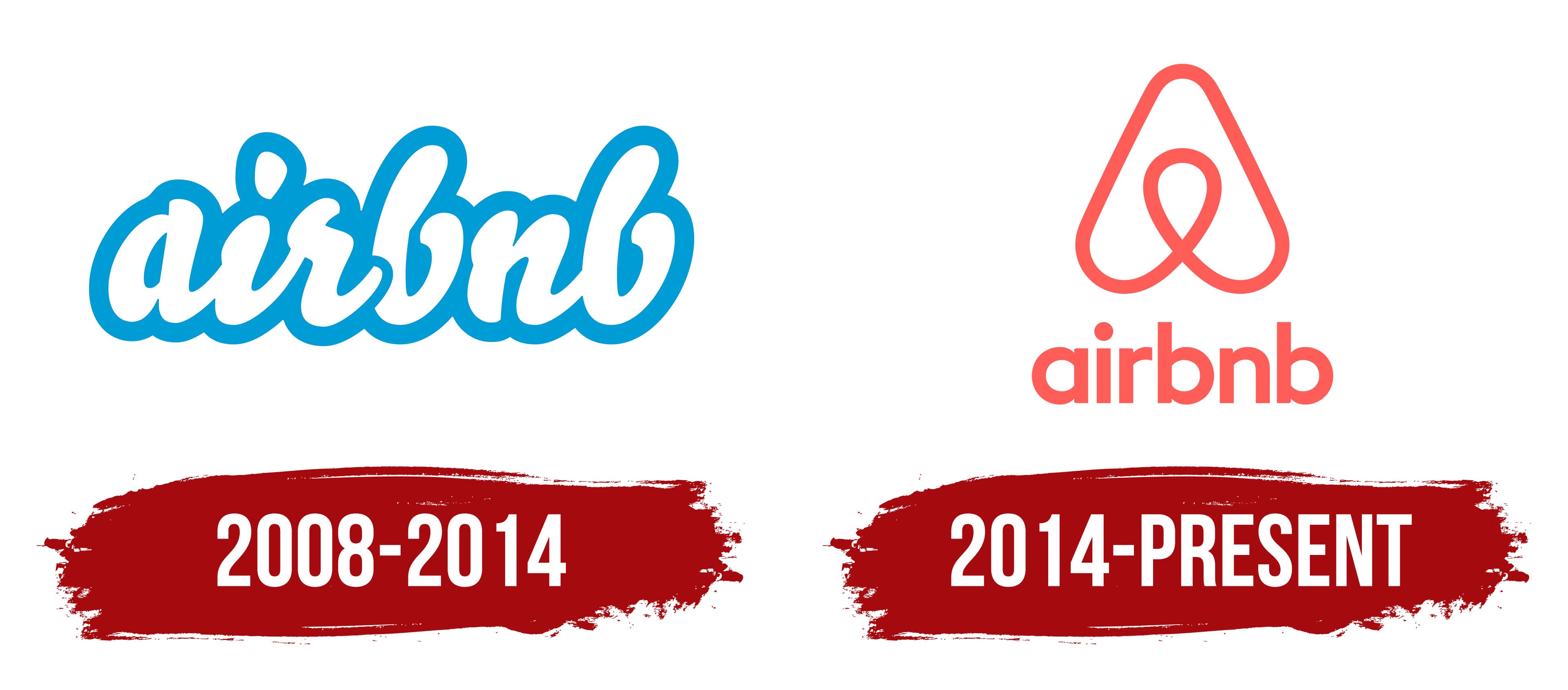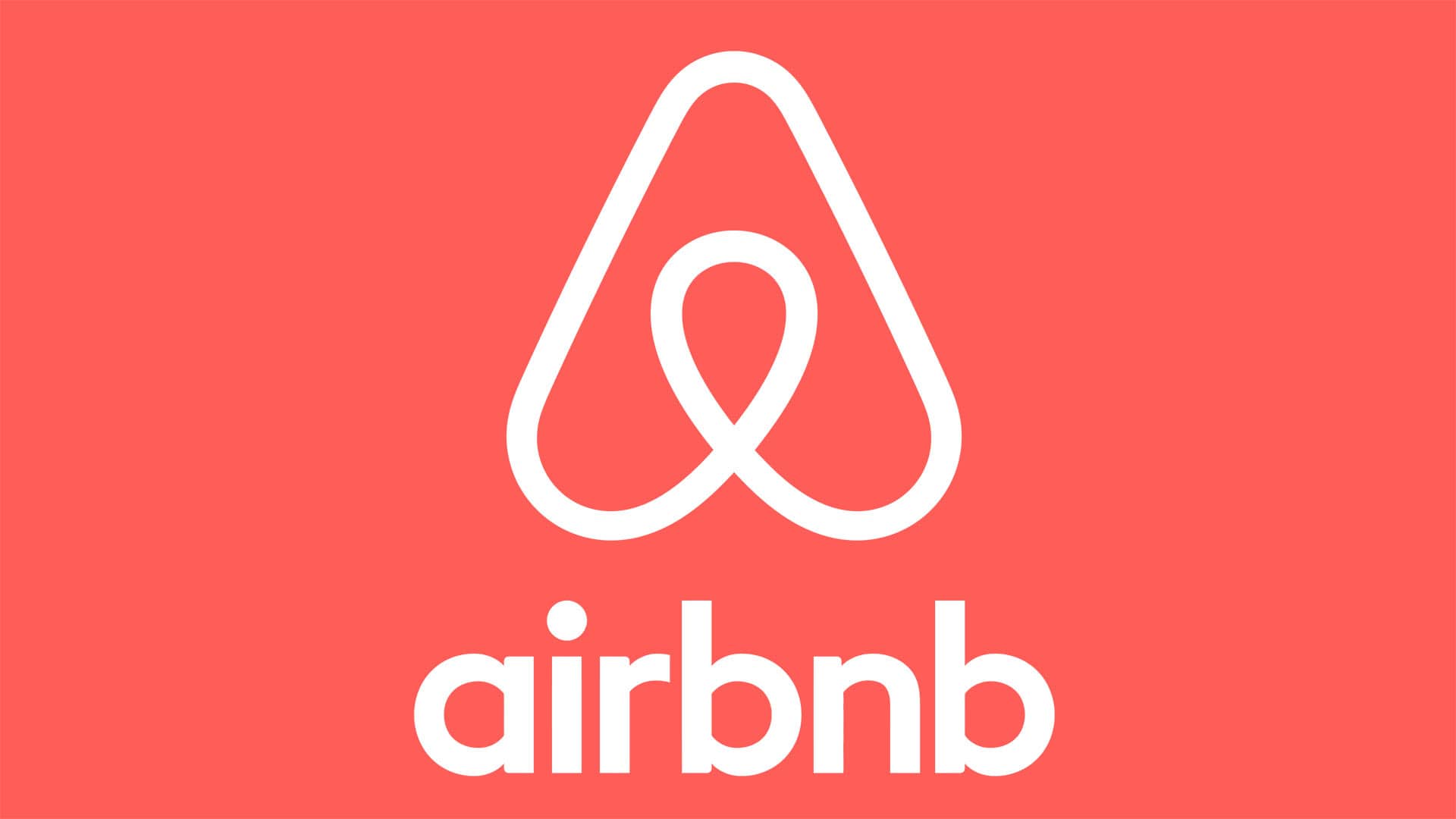Why Do They Call It Airbnb? The Fascinating Story Behind The Popular Platform
Mar 31 2025
Airbnb has revolutionized the way we travel and experience the world, offering unique accommodations that cater to every traveler's needs. But have you ever wondered why it's called Airbnb? The name itself carries a story that reflects the platform's humble beginnings and its evolution into a global phenomenon. In this article, we will delve into the origins of Airbnb, its mission, and the impact it has on the hospitality industry.
Since its inception in 2008, Airbnb has grown exponentially, becoming a household name synonymous with unique travel experiences. The platform allows hosts to rent out their spaces, while travelers can book accommodations ranging from cozy apartments to luxurious villas. But the name "Airbnb" wasn't just randomly chosen—it has a deeper meaning tied to the founders' early struggles and ingenuity.
This article will explore the reasons behind the name Airbnb, its significance, and how it aligns with the platform's core values. By the end of this piece, you'll have a comprehensive understanding of why Airbnb is called what it is and the role it plays in shaping modern-day travel.
Read also:Daenerys Dragons Names A Comprehensive Guide To The Majestic Creatures Of Game Of Thrones
Table of Contents
- The Origin of Airbnb
- Why Do They Call It Airbnb?
- The Founders of Airbnb
- The Early Days of Airbnb
- Airbnb's Mission and Vision
- The Growth of Airbnb
- Airbnb's Impact on the Hospitality Industry
- Criticisms and Challenges
- The Future of Airbnb
- Conclusion
The Origin of Airbnb
Airbnb was born out of necessity during a challenging economic period. In 2007, two roommates in San Francisco, Brian Chesky and Joe Gebbia, were struggling to pay their rent. They noticed that a design conference was coming to town, and hotels were fully booked. Seizing the opportunity, they decided to rent out air mattresses in their living room and provide guests with breakfast. This marked the beginning of what would later become Airbnb.
How Airbnb Started
Initially, the service was called "AirBed & Breakfast," which perfectly captured the essence of their offering—air mattresses and breakfast. The name was straightforward and reflected the founders' resourcefulness. As the idea gained traction, they formalized the concept and launched a website to connect hosts with travelers. This simple yet innovative solution laid the foundation for a multi-billion-dollar company.
Why Do They Call It Airbnb?
The name Airbnb is a shortened version of its original name, "AirBed & Breakfast." The term "air" refers to the air mattresses the founders initially offered, while "bnb" is short for "bed and breakfast." Over time, as the platform evolved to include a wide range of accommodations, the name was simplified to "Airbnb" to reflect its broader scope.
Symbolism Behind the Name
- Air: Represents the idea of simplicity, lightness, and adaptability.
- BnB: Evokes the warmth and hospitality associated with bed and breakfast establishments.
The name Airbnb encapsulates the platform's mission to provide unique, affordable, and personalized travel experiences. It also emphasizes the importance of community and connection, which are central to the Airbnb ethos.
The Founders of Airbnb
Airbnb was founded by three individuals: Brian Chesky, Joe Gebbia, and Nathan Blecharczyk. Each founder brought a unique skill set to the table, contributing to the platform's success.
Bio of the Founders
| Name | Role | Background |
|---|---|---|
| Brian Chesky | CEO | Industrial designer and entrepreneur |
| Joe Gebbia | Chief Product Officer | Product designer and co-founder |
| Nathan Blecharczyk | Chief Strategy Officer | Engineer and co-founder |
The Early Days of Airbnb
In its early days, Airbnb faced numerous challenges, including skepticism from potential investors and users. However, the founders remained determined to make their vision a reality. They bootstrapped the company, using their personal savings and creative marketing strategies to attract users.
Read also:King Von Autopsy Unveiling The Truth Behind The Tragic Loss
Challenges and Breakthroughs
- Funding Issues: Initially, investors were hesitant to fund a platform that allowed strangers to stay in each other's homes.
- Trust and Safety: Building trust between hosts and guests was a significant hurdle, but Airbnb introduced features like verified profiles and reviews to address these concerns.
- Growth Milestones: In 2010, Airbnb reached a major milestone by listing over 10,000 properties worldwide, marking the beginning of its rapid expansion.
Airbnb's Mission and Vision
Airbnb's mission is to create a world where anyone can belong anywhere. The platform aims to connect people through travel, fostering a sense of community and belonging. By offering unique accommodations and experiences, Airbnb seeks to redefine the way we travel and interact with the world.
Core Values
- Belonging: Encouraging inclusivity and creating spaces where everyone feels welcome.
- Innovation: Continuously improving the platform to meet the evolving needs of travelers.
- Trust: Building a safe and reliable environment for both hosts and guests.
The Growth of Airbnb
Since its launch, Airbnb has experienced exponential growth, expanding its reach to over 220 countries and regions. The platform now boasts millions of listings, ranging from budget-friendly apartments to luxurious castles. This growth can be attributed to Airbnb's innovative business model, strategic partnerships, and commitment to customer satisfaction.
Key Growth Drivers
- Global Expansion: Entering new markets and tailoring services to meet local preferences.
- Experiences: Offering unique activities and experiences to enhance the travel experience.
- Technology: Investing in cutting-edge technology to improve user experience and streamline operations.
Airbnb's Impact on the Hospitality Industry
Airbnb has disrupted the traditional hospitality industry, challenging hotels and resorts to adapt to changing consumer preferences. By offering personalized and affordable accommodations, Airbnb has attracted a diverse range of travelers, from budget-conscious backpackers to luxury seekers.
Industry Changes
- Increased Competition: Hotels and resorts have had to innovate to remain competitive in the face of Airbnb's popularity.
- Regulatory Challenges: Governments worldwide have had to address the rise of short-term rentals and implement regulations to ensure fair competition.
- Sustainable Tourism: Airbnb has promoted sustainable tourism by encouraging travelers to stay in local neighborhoods and support small businesses.
Criticisms and Challenges
While Airbnb has been widely praised for its innovative approach to travel, it has also faced criticism and challenges. Some critics argue that the platform contributes to rising housing costs and displacement in urban areas. Additionally, concerns about safety, security, and regulation have sparked debates about the future of short-term rentals.
Addressing Concerns
- Regulatory Compliance: Airbnb has worked with governments to implement policies that address housing shortages and ensure fair competition.
- Safety Measures: The platform has introduced features like verified profiles, secure payment systems, and 24/7 support to enhance user safety.
The Future of Airbnb
Airbnb continues to evolve, embracing new technologies and expanding its offerings to meet the changing needs of travelers. The platform has introduced features like "Airbnb Luxe" for high-end accommodations and "Airbnb Experiences" for unique activities. As the travel industry recovers from the pandemic, Airbnb remains poised to lead the way in redefining modern travel.
Innovations on the Horizon
- Artificial Intelligence: Leveraging AI to enhance personalization and improve user experience.
- Sustainability: Committing to environmentally friendly practices and promoting sustainable tourism.
- Global Expansion: Entering new markets and tailoring services to meet local preferences.
Conclusion
The name Airbnb reflects the platform's humble beginnings and its evolution into a global phenomenon. From its origins as "AirBed & Breakfast" to its current status as a leader in the hospitality industry, Airbnb has transformed the way we travel and experience the world. By focusing on community, innovation, and trust, Airbnb continues to shape the future of travel.
We invite you to share your thoughts and experiences with Airbnb in the comments below. Have you ever stayed in an Airbnb property? What was your experience like? Additionally, don't forget to explore our other articles for more insights into the world of travel and hospitality. Together, let's continue to discover the endless possibilities that travel offers!
References:
- Airbnb Official Website
- Statista
- Forbes
- Harvard Business Review


